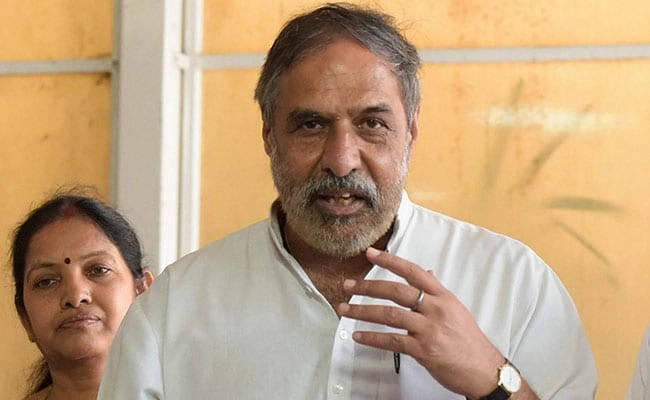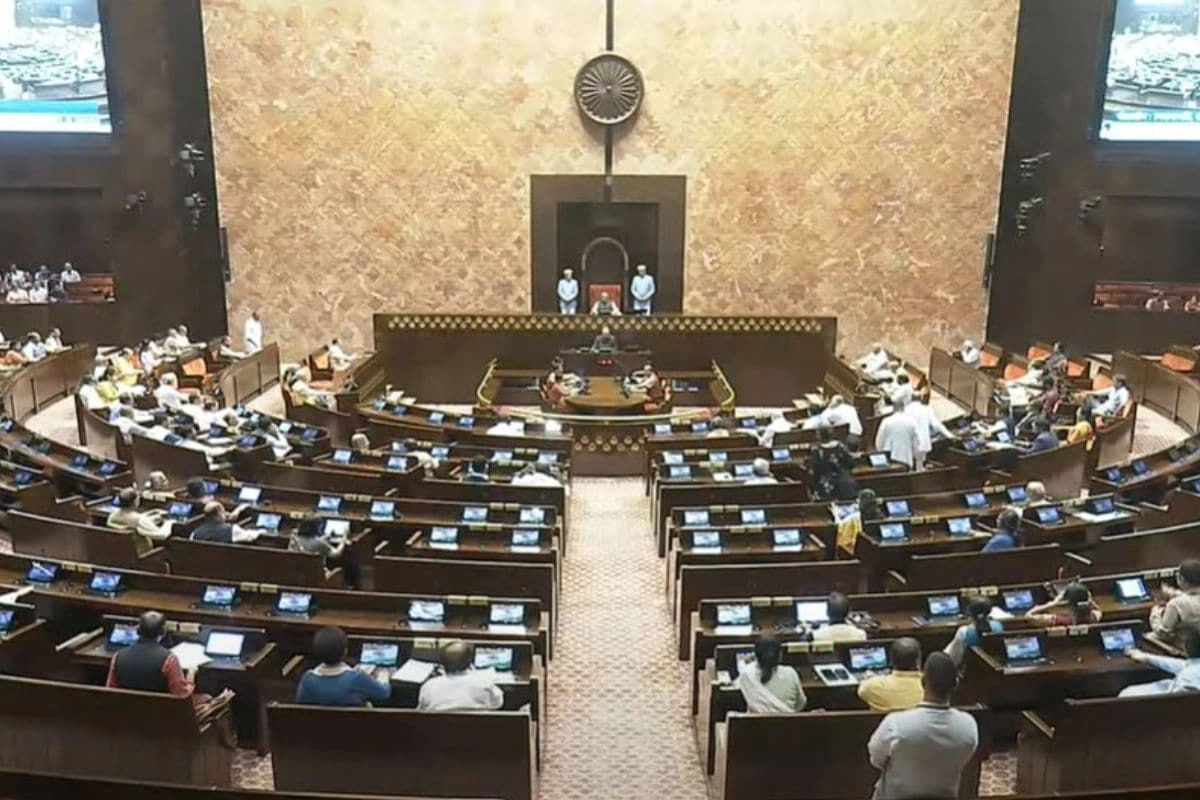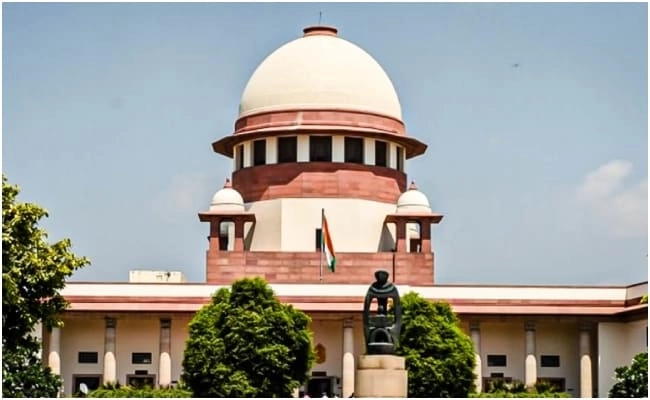Anand Sharma has officially resigned from his position as the Chairman of the Congress Party’s Foreign Affairs Department, marking a significant shift within the party’s leadership structure. His resignation comes amid a backdrop of political challenges and internal dynamics that have been affecting the Congress Party. Sharma’s decision to step down is not merely a personal choice but also reflects the broader complexities faced by the party as it navigates its role in the current political landscape of India.
Sharma, a seasoned politician and a prominent face within the Congress Party, has been instrumental in shaping its foreign policy stance and diplomatic engagements. His leadership in the Foreign Affairs Department has been characterized by a commitment to fostering international relations and addressing global issues that impact India. However, the recent developments within the party, including internal disagreements and the need for a strategic overhaul, may have influenced his decision to resign. This move could be seen as a response to the evolving needs of the party as it seeks to rejuvenate its approach and connect more effectively with the electorate.
The resignation of a figure like Anand Sharma raises questions about the future direction of the Congress Party’s foreign policy initiatives. His departure opens up discussions about who will take over the reins of the Foreign Affairs Department and how they will navigate the intricate web of international relations that India is involved in. As the party prepares for upcoming electoral challenges, it will be crucial for its leadership to ensure continuity in its approach to foreign affairs while also adapting to the changing geopolitical landscape. Sharma’s exit could potentially serve as a catalyst for new ideas and strategies that align with the party’s vision for the future, as it seeks to reclaim its position as a formidable force in Indian politics.
In the coming weeks, the Congress Party will likely face increased scrutiny regarding its internal dynamics and strategic direction, especially in the wake of Sharma’s resignation. His legacy in the Foreign Affairs Department will undoubtedly be a topic of discussion, as party members reflect on the impacts of his leadership. As the political scenario evolves, the Congress Party must harness the opportunity to reassess its strategies and priorities, ensuring that it remains relevant in a rapidly changing world.




